Breyona Killian, a student at the University of Minnesota, couldn’t find another therapist at Boynton Health after she requested a different one. The clinic never responded to her.
“Boynton Health never responded, but the therapist that I didn’t want to see anymore reached out and asked to reschedule, and that’s pretty much where we’re at,” Killian said.
As mental health diagnoses increase on campus, many students believe there is an ongoing mental health crisis as they experience long wait lines with student counseling. Boynton Health is also not being responsive.
How can Boynton Health become more accessible to students, especially those who had a negative experience?
A majority of students use non-emergency mental health services, and 30.2% of students use emergency and crisis services, according to the Boynton Health 2024 survey.
Within the past year, 26.1% of students were diagnosed with a mental diagnosis and 59.9% of student’s mental illnesses impacted their academics, according to the Boynton Health 2024 survey.
Killian said she had to find therapy outside of the university to deal with her mental health after her negative experience at Boynton Health.
“It feels like they’re puppets,” Killian said.
Killian requested a different therapist when she went to Boynton because she couldn’t relate to her previous therapist as much as she wanted.
“I wasn’t vibing with the guy, with the therapist that they gave me,” Killian said.
In November, the University installed $75,000 in fencing on the Washington Avenue Bridge after two people died by suicide. Vice President of University Services Alice Roberts-Davis said the university is working on improving the bridge to prevent suicide.
“While we continue to work on funding and approvals needed to implement a long-term solution to enhance the safety of the Washington Avenue Bridge, we have installed temporary fencing on the bridge’s pedestrian deck that creates a barrier between pedestrians and the bridge’s pedestrians and side railings,” Roberts-Davis said.
College students in the U.S. said one of the main reasons why there is a mental health crisis is due to dealing with personal and family responsibilities on top of their academics, according to Insider Higher Ed.
Liza Meredith, a psychology professor at the University, said she has mixed feelings about if there is a mental health crisis on campus.
“I know a lot of my students are struggling with mental health issues and I don’t know if they perceive Boynton as a reliable option for them because you have to wait a long time in between appointments,” Meredith said.
Meredith said when it comes to a potential change in how Boynton Health works, we need to have a more diverse staff there.
“That would suggest hiring more counselors for more diverse identities and different models so that potential clients have more choice,” Meredith said.
Dan Peterson, a sophomore studying business and marketing at the University, said he copes with his mental health issues by going out. Peterson said in order for Boynton Health to change, the stigma of mental health has to stop.
“Before the resources can change, the culture around mental health needs to be changed,” Peterson said. “There are some resources there, but those resources need to be socially acceptable to use before people start using it.”
Nearby universities have a similar structure to the University’s mental health services.
The University of Minnesota has a resource tool called Help Compass. You answer a few questions leading to the correct resources such as crisis hotlines, Boynton Health Services and student counseling services.
There are step-by-step questions on the website such as whether or not you’re in an emergency, if the help is for you or someone else and what kind of specific support you’re looking for.
The University of St. Thomas has crisis drop-in hours Monday to Friday from 2-4 p.m. Only full-time students are eligible for all counseling services.
The University of St. Thomas has a resource guide for faculty on how to respond to a student in crises such as depression, hazing, physical illness and sexual assault.
Iowa State University has a crisis assessment from Monday to Friday during their business hours from 8 a.m. to 5 p.m.
The University of North Dakota offers more resources within its counseling services, such as couples counseling and substance use services.
The University of Minnesota has a resource tool called Help Compass. You answer a few questions leading to the correct resources such as crisis hotlines, Boynton Health Services and student counseling services.
There are step-by-step questions on the website such as whether or not you’re in an emergency, if the help is for you or someone else and what kind of specific support you’re looking for.


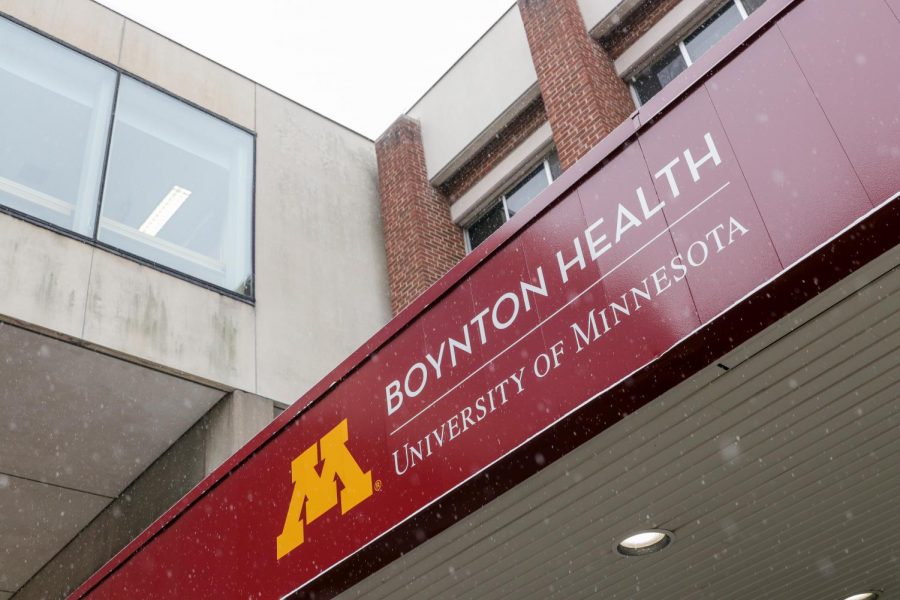
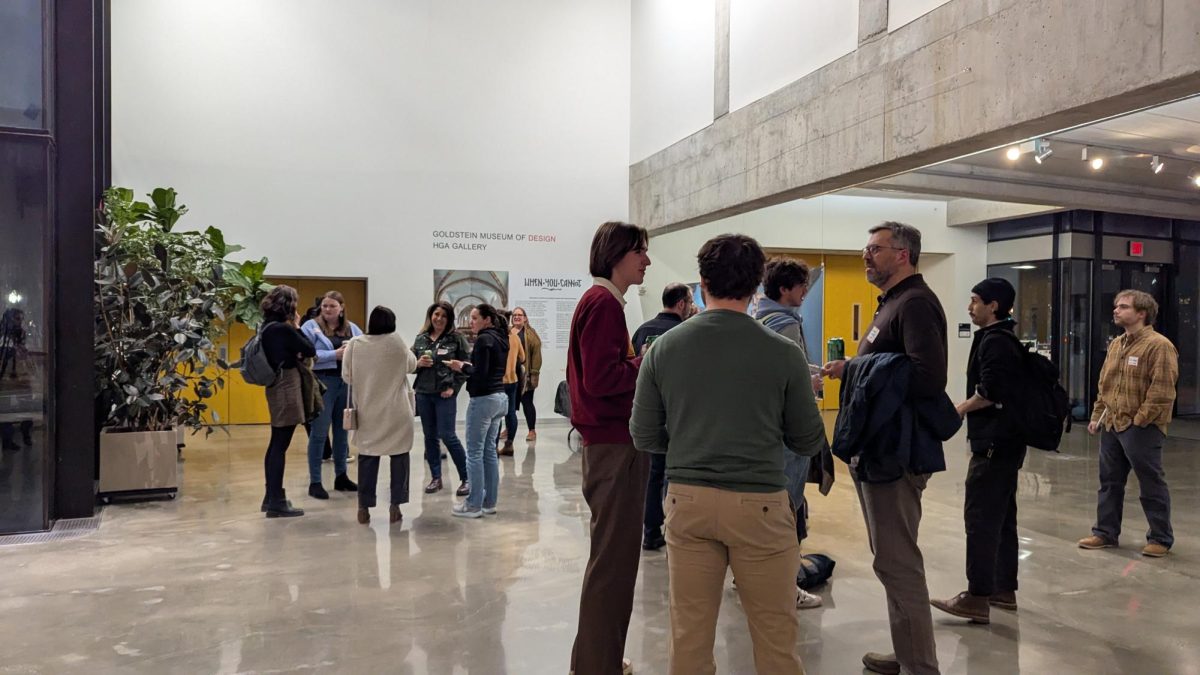


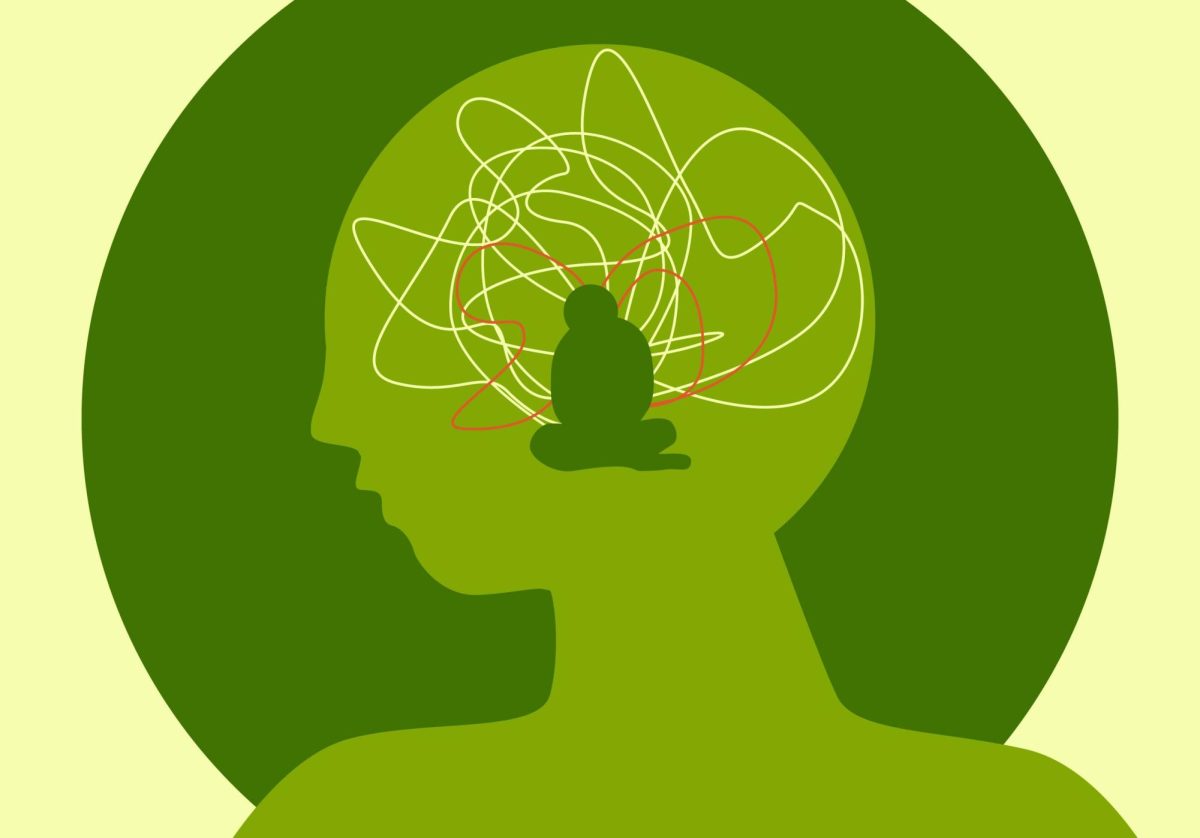
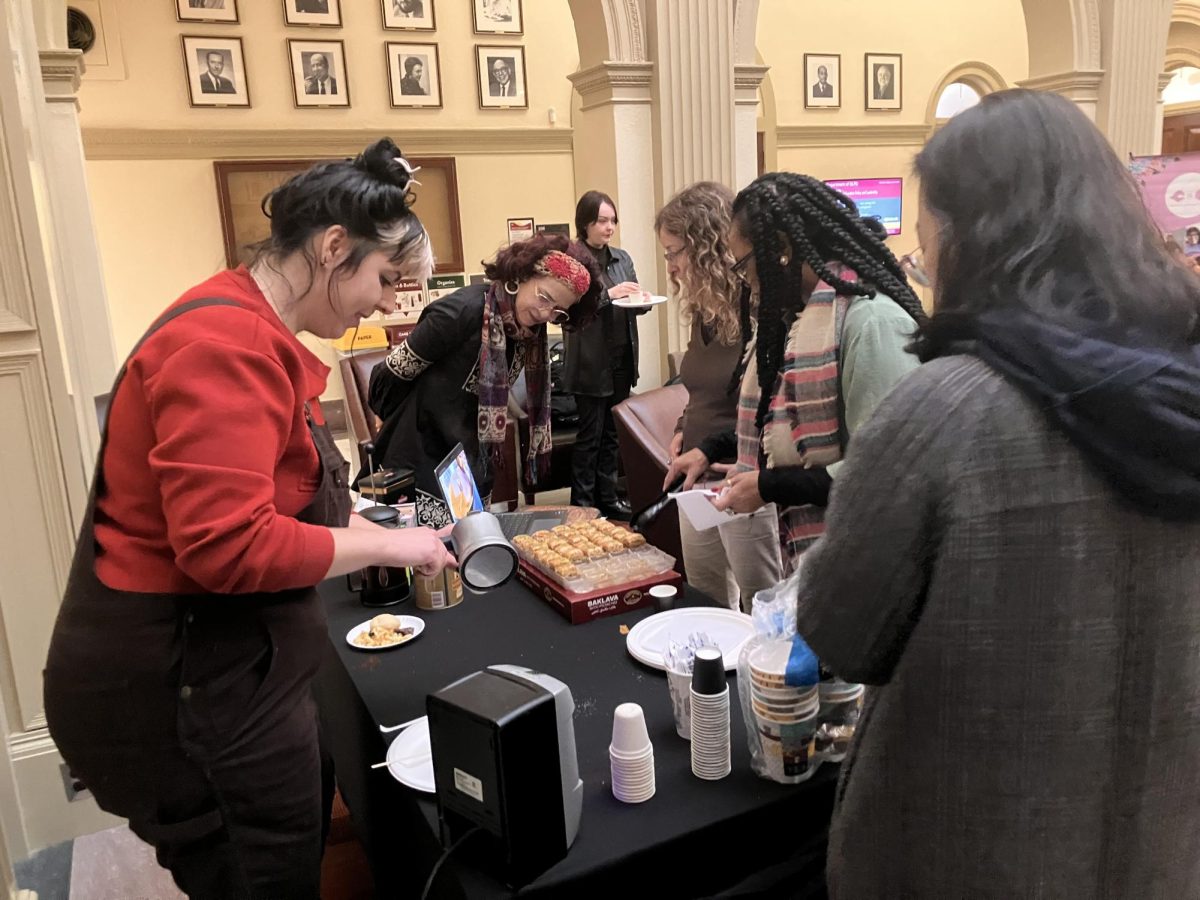


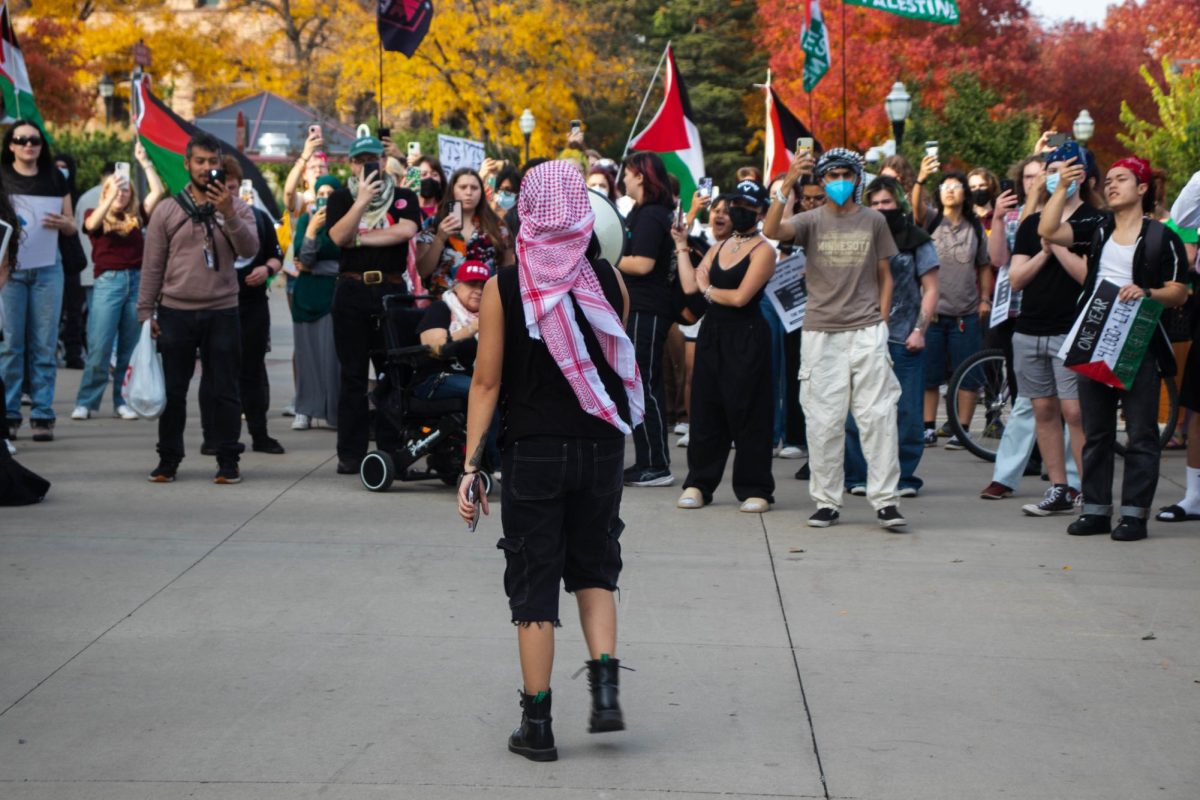

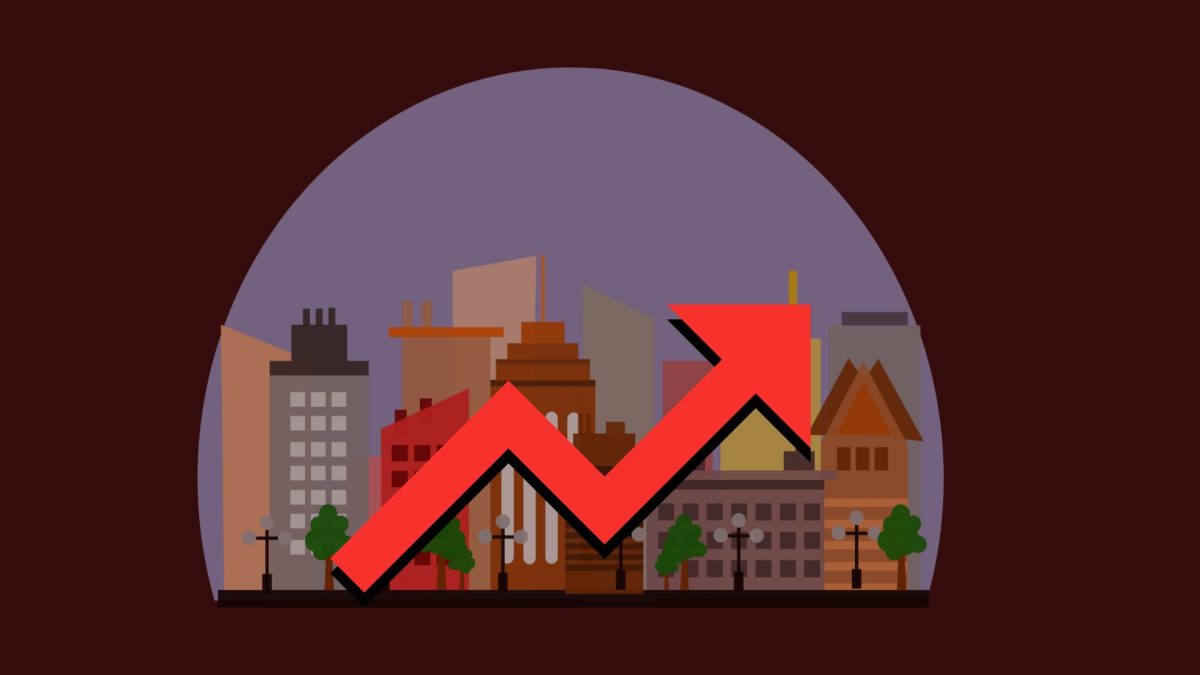


Student advocate
Feb 27, 2025 at 8:42 pm
How about expanding the role of student advisor to be student “advocate.” This would be a person that is vested in student academic and personal success, no matter what hurdles are in the way.
Amelia
Feb 27, 2025 at 5:07 pm
Hey Cb! According to pg. 2 of the report, our statistic is correct. 30.2% of all students used the emergency and crisis services while at school, so not just within in the last month (which wasn’t stated in the article). Thanks for double checking.
Amelia, Managing Editor
Anonymous
Feb 27, 2025 at 12:28 pm
It’s crystal clear that UMN executive elites don’t care about student mental health. They pay the athletics director how much, yet they can’t get students mental healthcare they need?
K-Bee
Feb 27, 2025 at 6:51 am
A lot of this is about growing up and learning to manage responsibilities. College is known as the time to party, go out and have a good time. As far as needing a more diverse staff – that’s the same liberal garbage that raises tuition and these kids would still have to wait. Counselors should know how to deal with all people. Maybe they just need DIFFERENT staff.
I’d also like to point out that MANY of those students are probably still on their parent’s health insurance. Yes – go elsewhere if you’re able!!
Cb
Feb 26, 2025 at 2:08 pm
I think there is an error with statistic stating that 30.2% of students using emergency and crisis services for mental health.
The Boynton Health 2024 Survey linked in this article states on page 7 that only 3.2% used those services over the past 12 months. Still that’s a significant portion of the campus population, but no where near 30% misquoted in this article.
Sandy
Feb 26, 2025 at 9:41 am
Are mental health services included in the Student Services fee?
Gb
Feb 25, 2025 at 4:39 pm
This is not surprising given the environment they are in on a daily basis.